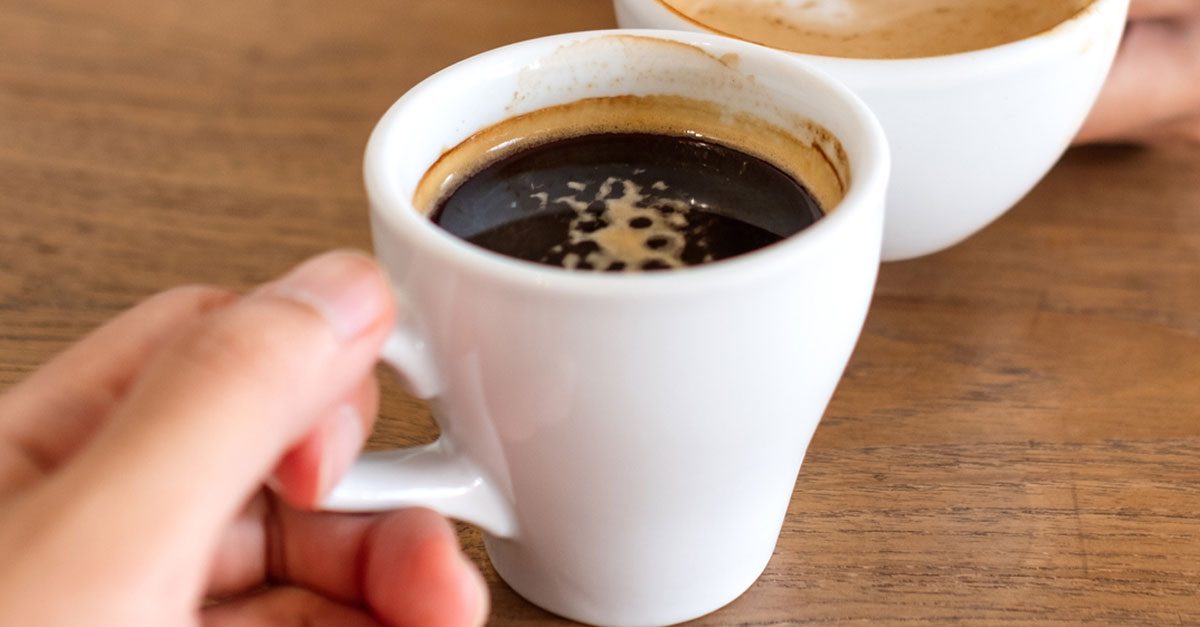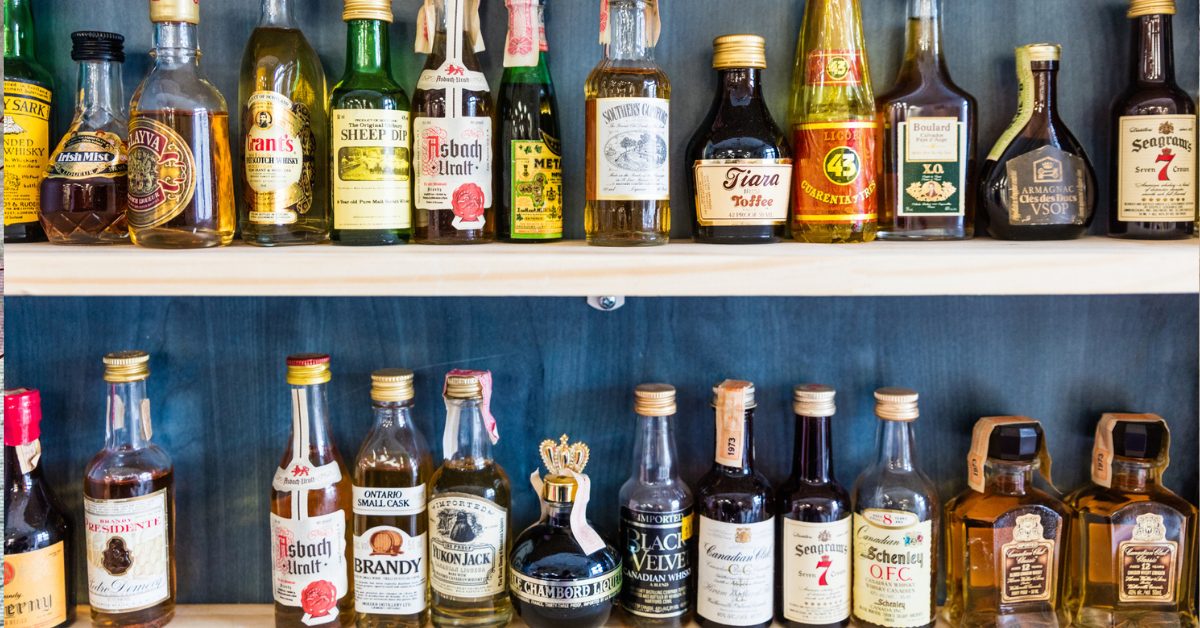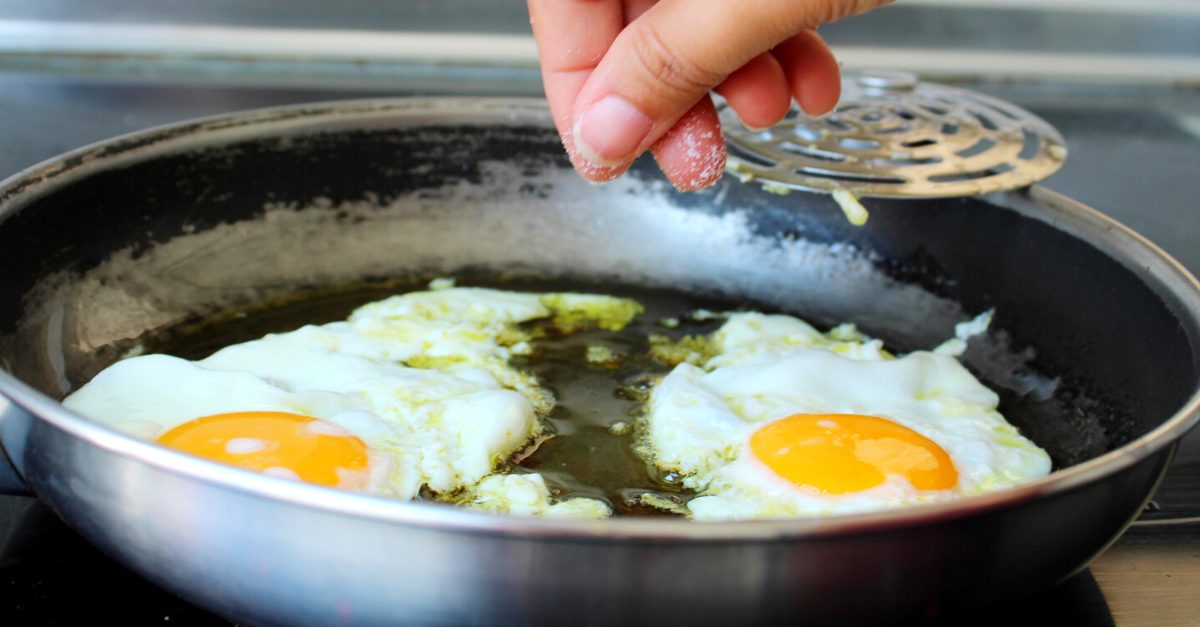Is It Possible To Consume Too Much Caffeine? Here’s What Experts Think
Many people in the world of today can't — or at least, believe they can't— function in the morning without their first cup of coffee, the standard daily shot of caffeine. It brings that spurt of energy and helps clear lethargic feelings from a long night but is it really safe to consume caffeine so freely? Find out in this article.
;)
Caffeine can give you that needed boost, but you can easily go overboard with it. According to registered dietitian Beth Czerwony, RD, it is a stimulant that affects your body in multiple ways.
Czerwony believes that it is best to weigh the risks and benefits but before that, let's discuss how much caffeine is too much caffeine.
How Much Caffeine Should You Ingest Per Day?

In a cup of espresso (60 ml on average) there are around 80 miligrams of caffeine, while in a cup of American coffee (200 ml) around 90 milligrams; the quantities are, obviously, approximate because it depends on the way in which the coffee is prepared – compared to espress, the one prepared with the mocha, for example, usually has a higher concentration of caffeine – and on the type of raw material used.
What is the "safe" dose you can take daily? The European Food Safety Authority (EFSA) indicates that the consumption of single doses of caffeine up to 200-300 milligrams (contained in approximately 3 cups of coffee) is not of concern, "in terms of safety for the healthy adult population".
However, the effects of this substance vary greatly from individual to individual, and therefore estabilishing a general threshold, valid for everyone, is very complex; the solution, as always, lies in listening to each other. If you start to have disturbed sleep, the advice is to reduce the quantity and avoid taking it about 8 hours before the time you go to sleep: caffeine decisively influences circadian rhythms and, if it is abused, it can even alter them.
How to understand when it's too much? If you start drinking it for its ability to activate the body and mind, rather than for sociability, then the time has come to adjust the aim. It will be possible to treat yourself to a coffee in the morning and one after lunch, between 2 and 3PM, option for a decaffeinated coffee if you feel like it at other times.
Decaffeinated coffee is treated with chemical solutions that leave at least 10 milligrams of caffeine per cup, a very small amount compared to a normal espresso; the problem is the extraction method, however: dichloromethane is used, a solvent considered carcinogenic to humans, which would evaporate during the decaffeination process (some studies, however, demonstrate that traces of it remain in the final product). A second method – more expensive and less used – uses carbon dioxide, avoiding the use of toxic substances.
A cup of deca is also more acidic than normal espresso, therefore not recommended if you suffer from gastric acidity or gastrointestinal problems.
What Happens When You Take Too Much Caffeine?

Caffeine can be a great help for you when you're trying to get through the day, but what happens when you go too far? Side effects appear, and they look like these:
1. Insomnia: people who have trouble sleeping teach for coffee to keep them active the next morning, but what they don't know is that it can keep them up at night, which means they'll have to repeat the notion the following morning. To avoid this, avoid caffeine in the afternoon and evening.

2. Anxiety: according to Czerwony, caffeine excites the central nervous system, and it can make some feel anxious and irritable. Reducing caffeine intake can help avoid this.
3. Heart palpitations: they are made worse by excess caffeine and can be quite alarming even though they won't kill you.
4. Dehydration: Caffeine is a diuretic which means you pee more when you drink it. Make sure you don't forget to take a lot of water between sips to avoid getting dehydrated.

5. High blood pressure: caffeine causes a mild increase in heart rate and blood pressure, which could spell doom for someone with the affliction.
Heartburn and stomach ache: caffeine can agitate stomach acids and trigger uncomfortable heartburn. Too much caffeine will cause stomach issues, so remember to cut back sometimes.
Conclusion
Caffeine is not a terrible product, but like many other things humans take, too much of it can constitute a problem, including addiction. If you find yourself addicted, it is best to cut back gradually to avoid or lessen the withdrawal symptoms. It will not be easy but rest assured it is a great decision.
;Resize,width=767;)
;Resize,width=712;)
;Resize,width=712;)
;Resize,width=712;)
